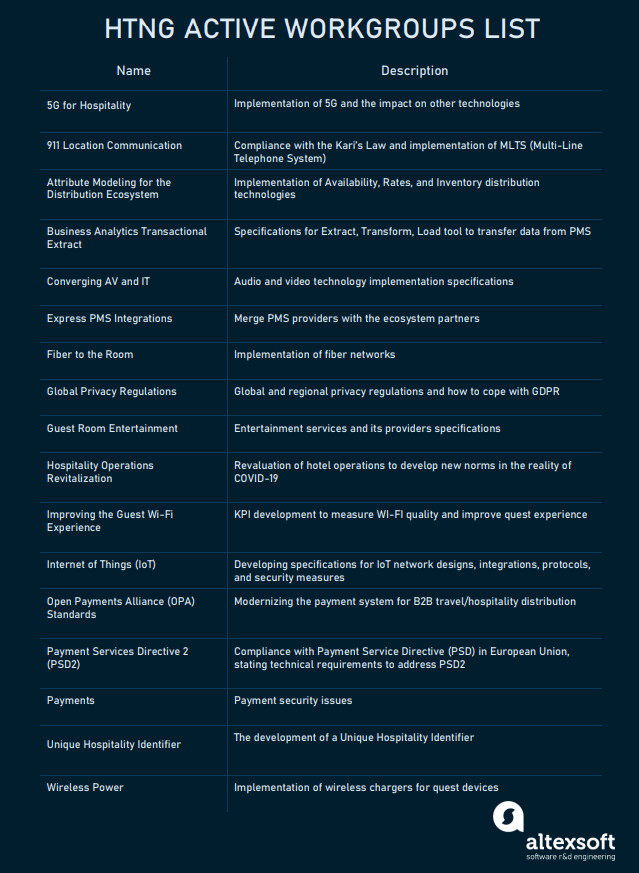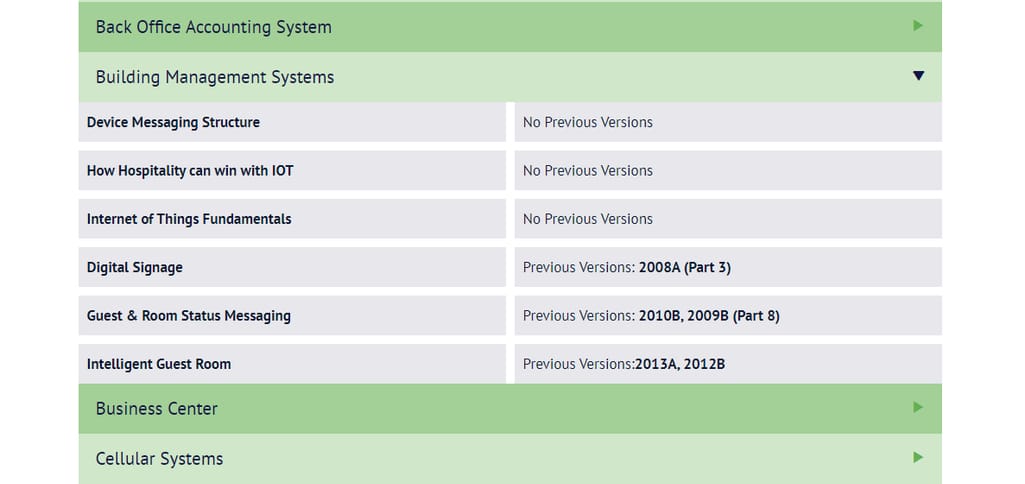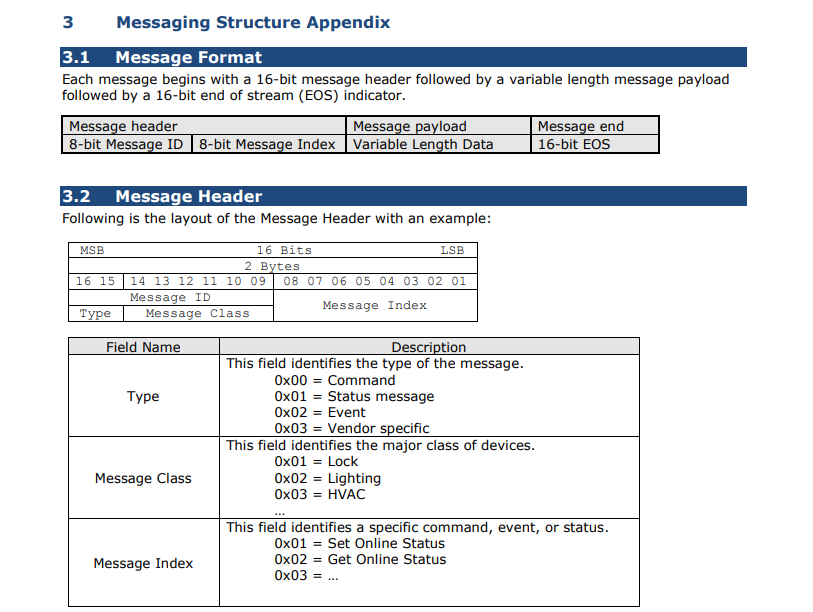Comfort, safety, cleanliness, rest, food, and drinks — these are the things we expect under the broad umbrella of lodging. And we often get them. The hospitality industry evolved into various businesses that propose different customer experiences by adopting new technologies, practices, and cultural trends. The adoption of, say, IoT devices gave us new ways to collect and process data. Machine learning allowed hotels and rental services to personalize offers and services.
Things look promising, but the industry is a huge, living organism. Technologies that form back offices and hotel management systems consist of various tools and structures . Moreover, there are customer-facing technologies, in-house physical devices, and payment systems that must be integrated with each other.
Without a standardized way to implement new technologies, companies live in the wild west: implementation of the same technology looks different every time, which makes it difficult to integrate with, and the cost of integration skyrockets. Yes, there is no authority to comply with, but on the other hand, lack of standards makes the adoption of new tools and systems slow and ineffective.
There are organizations that develop standards for the industry and help organizations to adopt optimal designs for their systems. Unique to the hospitality industry, the conversation around the industry problem is conducted by the Hospitality Technology Next Generation or HTNG. This organization facilitates discussion around hotel technologies, and joins:
- hospitality businesses,
- technology vendors, and
- consulting companies that concentrate on hospitality.
So, this article is an overview of the HTNG organization structure, principles of work, and its activity. The following information describes how the organization works, the opportunities for hospitality companies, and how the industry is affected. The article is written in collaboration with John Bell, the founder of Ajontech LLC and co-chair at several HTNG workgroups.
What is HTNG: mission and functions
Hospitality Technology Next Generation or HTNG is a global non-profit organization that includes members of hospitality businesses, IT companies, and consulting and educational parties as members. The primary mission of the organization is to facilitate discussion of the industry problems, develop standards, whitepapers, and guidelines.
HTNG is basically a platform that allows companies to establish partnership or source expertise from research papers, events, or communication between the members. So, HTNG gathers industry representatives to:
- define hospitality industry problems, their essence, and scale;
- discuss possible solutions by analyzing existing approaches and technologies;
- exchange experience or receive domain expertise consulting;
- develop specifications and standards; and
- foster the adoption of new technologies.
The organization is split into different functional groups and teams that perform either administrative roles or act as a service provider/consulting party. Besides the groups, any company interested in the hospitality industry may become a member of the community. This will give the member a right to attend HTNG events. Collaboration between the members is accomplished via conferences and meetings, attended by thousands of HTNG members.
Now, let’s see how the organization is designed from the inside, and how you can become a member.
HTNG organization and membership
HTNG was created for the purpose of defining the problems of the hospitality industry. For the most part, these are hotels, restaurants, and bars. The organization basically was formed by the industry minds and for the industry minds. The board of chiefs consists of three groups that perform either administrative or consulting functions.
The Board of Governors consists of 22 senior IT executives and CIOs from the leading hospitality companies. The list includes Accor Hotels, Marriott International, Hard Rock International, Hyatt Hotels Corporation, and others. The Board of Governors is the main administrative body of HTNG. It makes strategic decisions on the initiatives developed. The board is also supported by two groups of people that focus more on technical aspects or provide expert consulting in hospitality-related fields.
Executive Advisors is a nonvoting group of experts that supports executives, attends meetings, and provides expertise in its domain field. The group of advisors is appointed annually, so the roster of members changes. Executive advisors include people from consulting, hospitality, and academic communities.
Vendor Advisory Council represents a council of technological vendor executives that also provide consulting and support to the Board of Governors. Apart from consulting, the Vendor Advisory Council focuses on the needs of technological vendors that are HTNG vendors. Currently, the council includes representatives from Hewlett Packard Enterprise, Samsung, Oracle Hospitality, etc. The full list of companies and a wider explanation of the council's activities can be found here.
These three groups perform the governing functions that concern the needs of different parties in hospitality. Besides the executive groups, companies that want to collaborate and take part in meeting with the industry leaders can become a part of a workgroup or join HTNG via its membership program.
Membership opportunities
HTNG offers different types of memberships for all the interested parties, so you can apply for a membership, or search your company in the list of existing members on the membership page. Both individuals and companies can apply to be a member, as there are different membership types.
- Hospitality membership is a standard membership for hospitality representatives with unlimited participation in workgroups and HTNG events.
- Hospitality benefactor is an upgraded version that gives unlimited registration passes to exclusive events, Travel & Hospitality ISAC membership, and overall visibility.
- Vendor membership is dedicated to technology vendors.
- Vendor Platinum is an upgraded option for vendors seeking enhanced company visibility with participation in exclusive programs and events.
- Consultant membership suits companies that offer consulting services, without representing or selling technology solutions.
There are a bunch of options for the alternative memberships to allow non-hospitality parties to be involved in the HTNG.
- Faculty membership enables faculty members at accredited universities to participate.
- Student membership covers students at universities enrolled in programs in hospitality and hospitality technology.
- Association membership is for those not related to the hospitality industry who want to take part in specification development and discussion of industry issues.
- Allied membership is for journalists writing about activities related to HTNG.
Membership types dedicated to businesses are paid and will differ in promotion capabilities, as well as access to HTNG resources/events. However, any type of organization or individual is free to participate in a workgroup, to work on specification development.
“Primarily the opportunity of membership is to have your voice heard within the industry. As a member you can present ideas for new specifications, or an industry paper, or report to address an industry technology need. All of the output created by the HTNG originated from within the membership.” — comments John.
HTNG workgroups
The workgroups are teams of domain experts dedicated to solving certain spheres of problems for the hospitality industry. These teams consist of several chairmen and other members that work together to develop and publish specifications, guidance, or papers.
Any member that has registered for HTNG can apply to a workgroup, access produced documentation, or suggest ideas. Just to give you an example, here are a couple of workgroups formed during 2019, related to the most recent technological issues.
5G for Hospitality. The aim of this group is the production of whitepapers concerning the advantages of 5G network. The whitepapers should articulate the benefits of 5G implementation and further initiate the specification development.
Wireless Power workgroup is a newly formed team that will elaborate the installation of wireless power devices for hotel businesses. The aim is to provide buyer’s guides on which devices are optimal for installation and how to maintain them.
Both groups have already started their activity. Currently, HTNG lists 17 active workgroups. You can scan through the full list in the table below.
The list of active HTNG workgroups valid as of June 2020
As you can see, the existing workgroups concern various issues in today's hospitality. Issues that will be worked on in the future will appear in the list of Potential Workgroups.
Specification development and publication process
Objectives differ, but usually the workgroup output intends to create a document. HTNG publishes its specifications and papers on the website making them available to anyone. So the specification section includes all existing documents and previous versions of them.
Expanded specification unit, that contains separate documents for different topics
Source: www.htng.org
The specifications cater to both technical and business people from the hospitality industry. So, you may notice the structure of it includes the definition of a business problem, as well as detailed implementation tips, analysis of the existing systems, code snippets, and message references. This is done for the community members to make it easy to understand the technology and facilitate the adoption in as many companies as possible.
An example of message elements from one of the specs
Source: HTNG device message structure specification
However, HTNG doesn’t act as a technology vendor to implement its specifications for the membership. The organization should be seen as more of a collaboration space for the businesses and tech vendors, who can partner to implement the specs. There is a Technical Specification Adopters page that mentions companies who have successfully implemented new technology, so other companies can contact them.
As a means of standard adoption tracking, HTNG has its API registry. So, once a company implements a specified technology, it can submit its API to the registry. If a technology complies with the described specs, other companies can access it as a reference for their own groundwork. API registry also helps connect tech companies with the business, so the needs of both are addressed through it.
Review process for specifications and whitepapers
The process of reviewing and publishing specifications may differ from how whitepapers can be published. In most cases, all the documents by HTNG workgroups are publicly available, but there are exceptions. As a co-chair for IoT Security and Payments workgroups, John Bell comments on the document publication process: “So within the Payments workgroup a bunch of hoteliers and payment vendors gathered, talking about the different fraudulent schemes that they have seen within their hotels. We talked about how the fraud works, how you protect against it, how you recognize it early on. HTNG decided to make that paper available for ‘members only’ for six months. After six months, they made it available to everyone.”
Specs are different in the review process, as they most often become publicly available, to engage the community. This helps to spread the information across the membership, accelerating the adoption. “It makes sense to occasionally delay broad publication of a white-paper to make it available to the membership first providing it to the public shortly thereafter. But for specifications, to be as effective as possible, early public access makes the most sense to encourage broad use.”
Most often, papers are requested by the membership. “So, they might say, ‘We’re having an issue with IoT security,’ and that would serve as a request to write a paper on that topic for the industry. That will be brought up to the board of directors to find out how many people are interested. And then we'll create a document (IoT Security Fundamentals whitepaper).”
HTNG members conduct several stages of reviewing the documents being published. The typical flow intends an internal review stage, inside of a workgroup, and public review within the whole membership.
In the example of the Business Analytics Transactional Extract (BATE) spec, John described a typical flow for spec review and publication: “A recent spec called BATE just went on the internal review within a workgroup. So, we add comments and questions. When all the issues are cleared out, then it goes to the public review with the whole membership. Normally, it stays there for about two weeks.” After the final iteration, the document is published.
The impact of HTNG activity on the industry
HTNG appears unique as it initially was intended to create specifications for hotels, but over the years it expanded to the broader reach across the hospitality industry. “The only organization like HTNG I’m aware of right now is OpenTravel. OpenTravel creates specifications for all the (travel) industries. HTNG’s specs may start with OpenTravel specs and then expand to the spheres where OpenTravel didn’t,” elaborates John on the difference between HTNG and other associations devoted to creating specifications in travel.
In existence since 2002, HTNG has already published specifications covering all the vital spheres of the hospitality business. HTNG reported its membership contributed nearly 5500 total working hours during 2019. With the latest specs published, the organization facilitates the introduction of new technologies to hospitality, like the recent paper on voice technology implementation.
The impact on the industry remains difficult to track. “A friend of mine who has been in HTNG for a long time and I were sitting and talking about some of the specifications we’ve published recently and when we expected them to be adopted,” John said, continuing, “Look, it typically takes 5 to 10 years for the specification to be fully adopted. Having as many specifications adopted as we do is a matter of two things.
“One is that we build on top of other specifications. The second is that we look to create specs that multiple people are asking for.” That’s what John outlined for HTNG activity and the industry response.
That is also supported by the fact that the specifications are adopted by huge industry names like Hyatt, Marriott, Mandarin Hotel Group, Diamond Resorts, including GDS companies like Amadeus and Sabre. Those are the people involved in the workgroups, developing specs requested by other members. And those are guarantees that the specs will be adopted as soon as possible. Because smaller business, tech companies, and hospitality associations receive clear instructions on how to do that, supported by HTNG community members.

